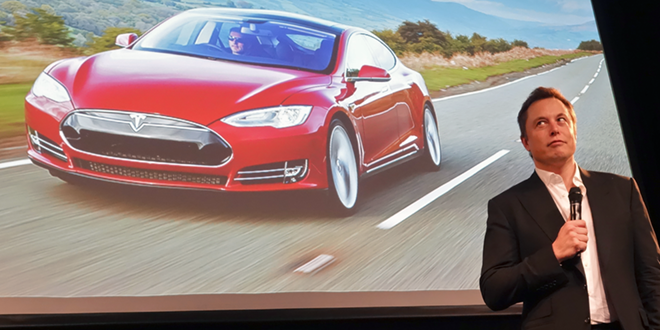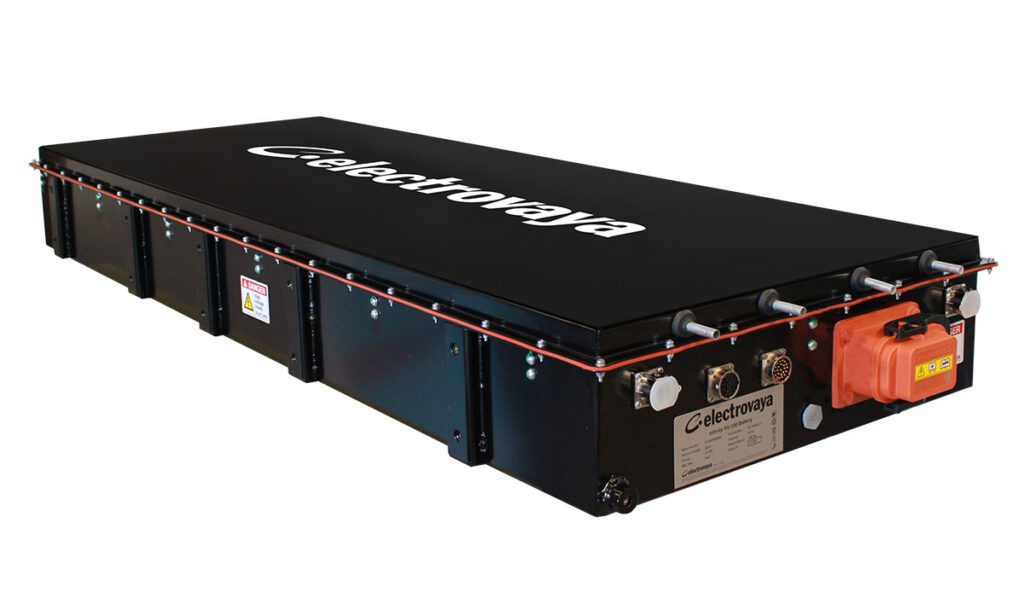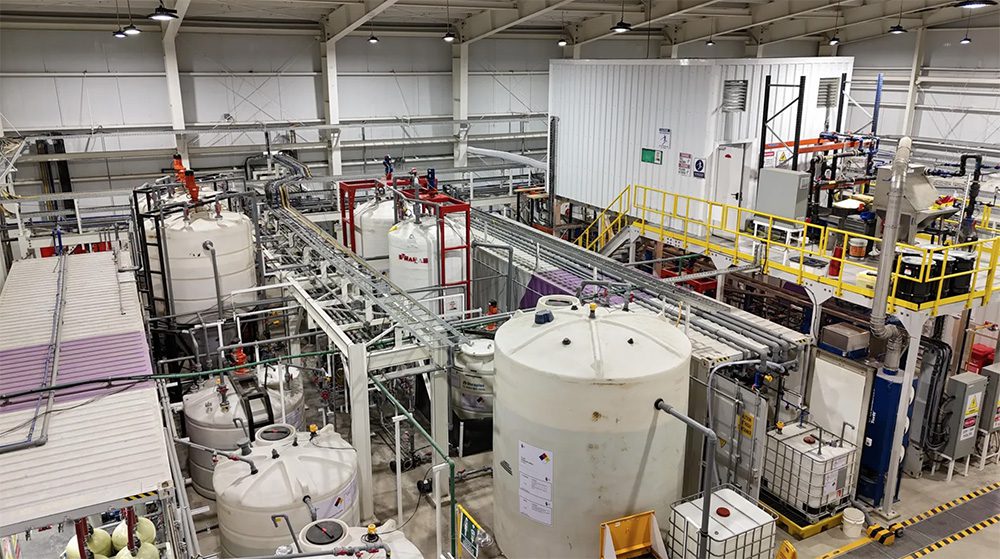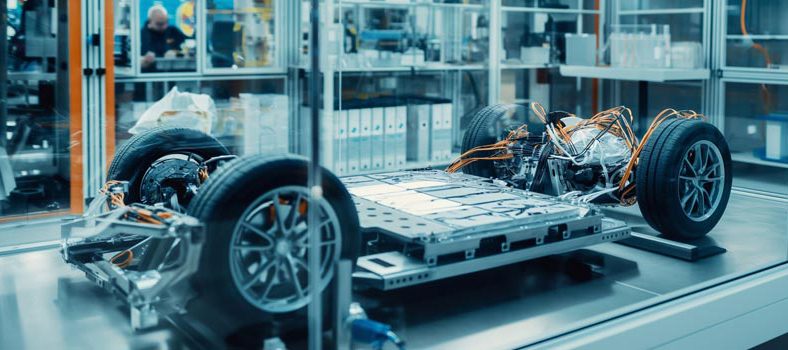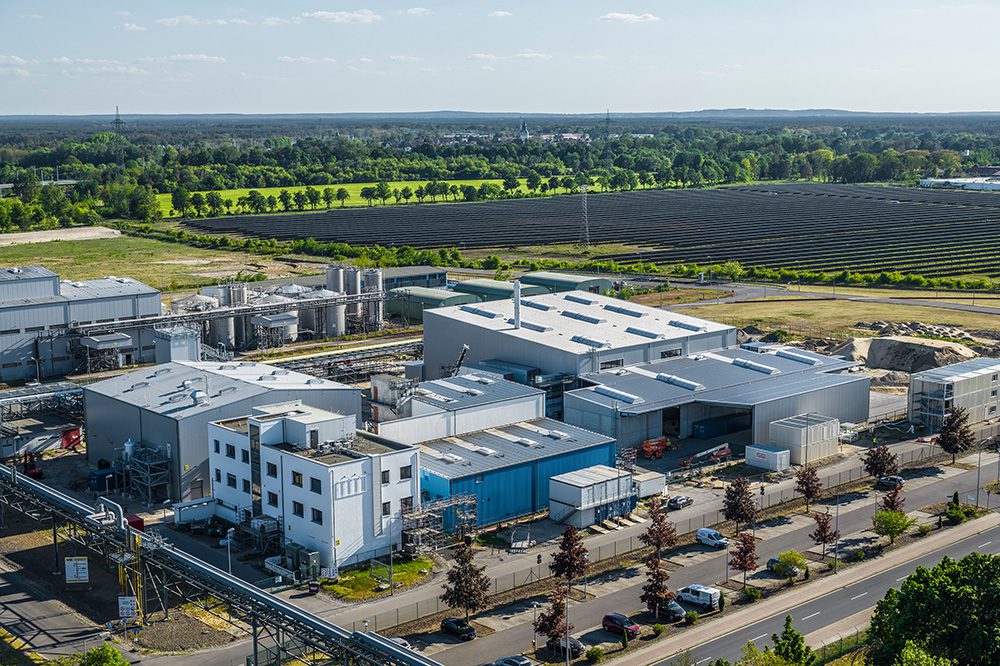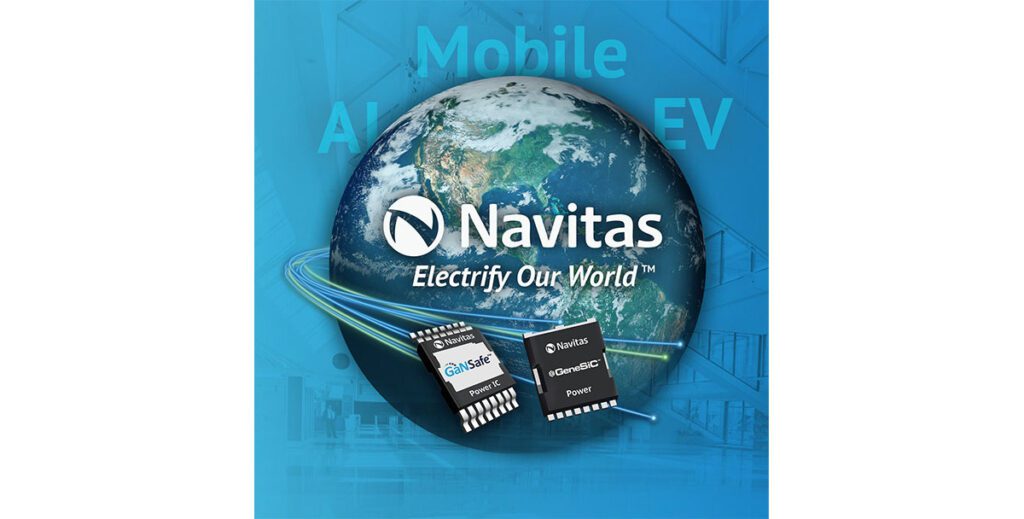Around the world, governments have invested serious money in EV charging infrastructure, and plenty more funding is planned for the future. In California, the state government plans to sink a substantial sum into hydrogen fueling infrastructure as well.
It’s unfortunate, but perhaps inevitable, that fans of fuel-cells and boosters of battery-electric vehicles will be competing for public dollars, and that the issue will be portrayed in the press as an either/or proposition, with each side indulging in bellicose rhetoric to make its case.
An opening salvo was fired this week, as Michael O’Brien, Head of US Product Planning for Hyundai, suggested that, while his company has received no federal funding for its hydrogen vehicles, Tesla’s Supercharger network was built using “money that has come from grants and loans from the government.”
Not so, says the BEV standard-bearer. “I am furious at any allegation that any public money was spent on the Supercharger network,” Tesla VP Diarmuid O’Connell told Green Car Reports. “Those sites have been paid for entirely by Tesla Motors, which continues to spend money in expanding the network. This stands in stark contrast to certain foreign carmakers, including Hyundai, who have no manufacturing presence in California, but expect the state’s taxpayers to spend up to $200 million to set up hydrogen stations.”
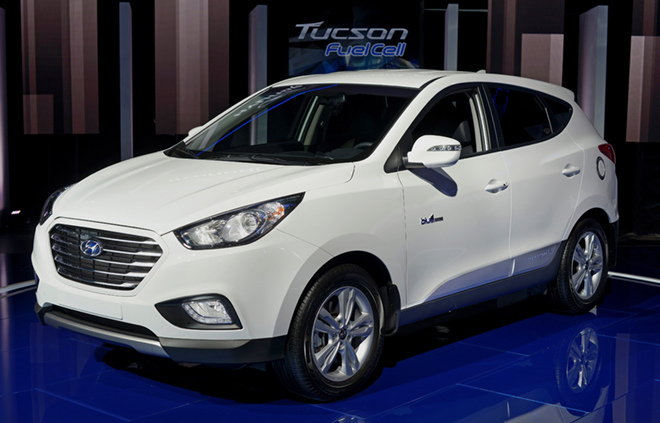
It’s true that Hyundai has received no direct funding from the US or state governments for its research and development of fuel-cell vehicles. However, it seems certain that building a nationwide hydrogen fueling network would require major public investment, as O’Brien acknowledged. “For us, the big breakthrough will come when other states [besides California] start investing in infrastructure,” he said.
Source: Green Car Reports







